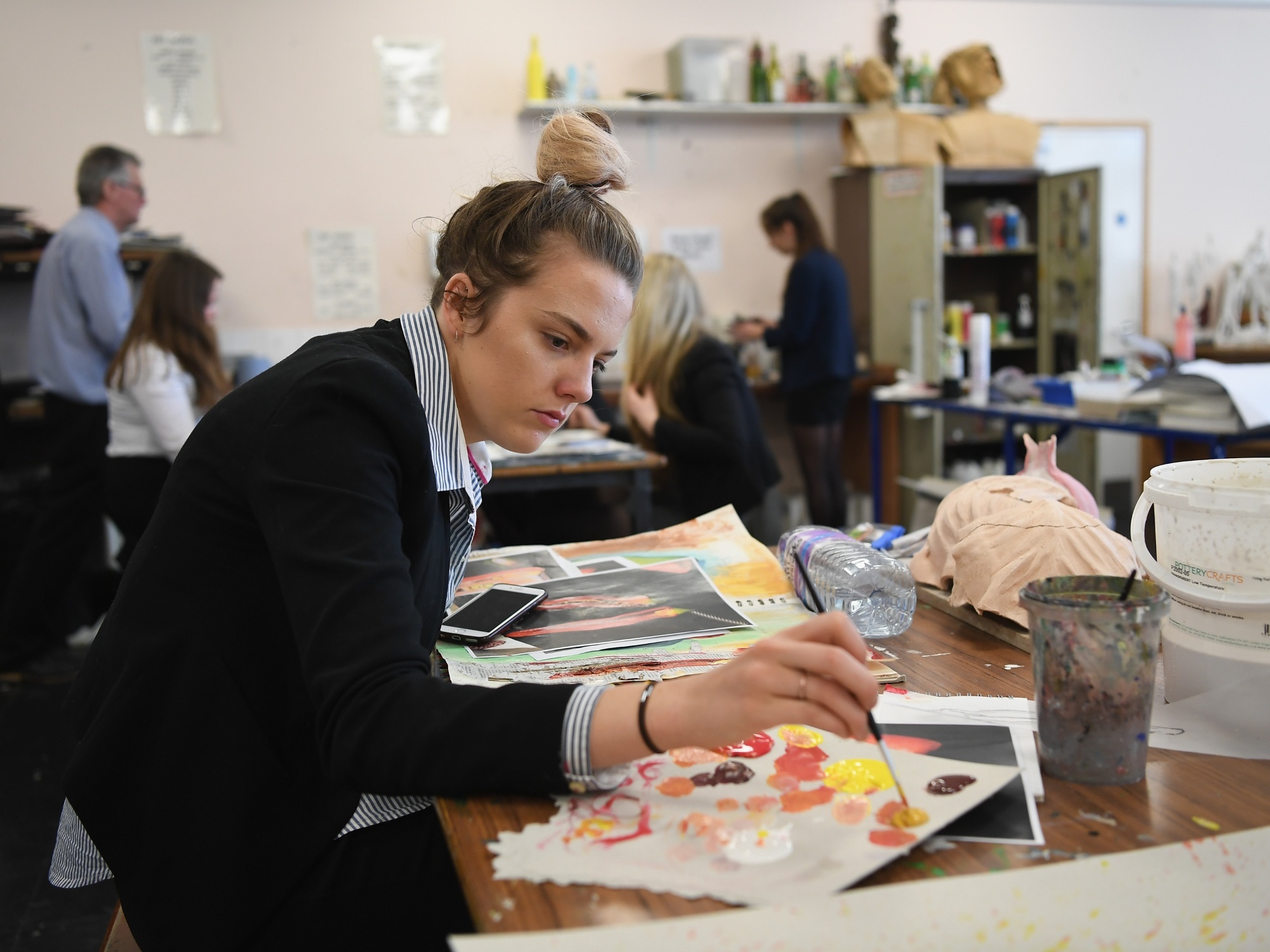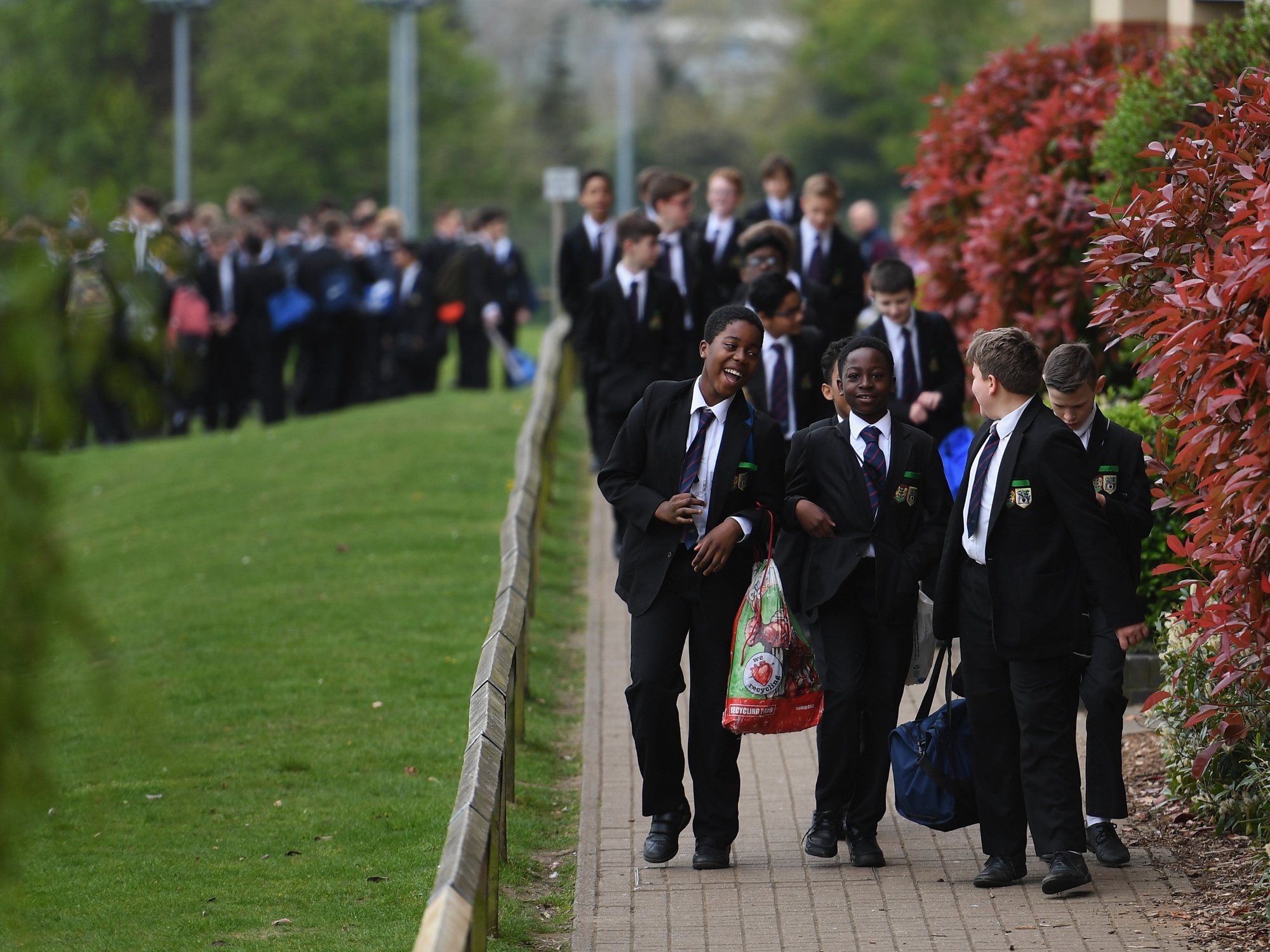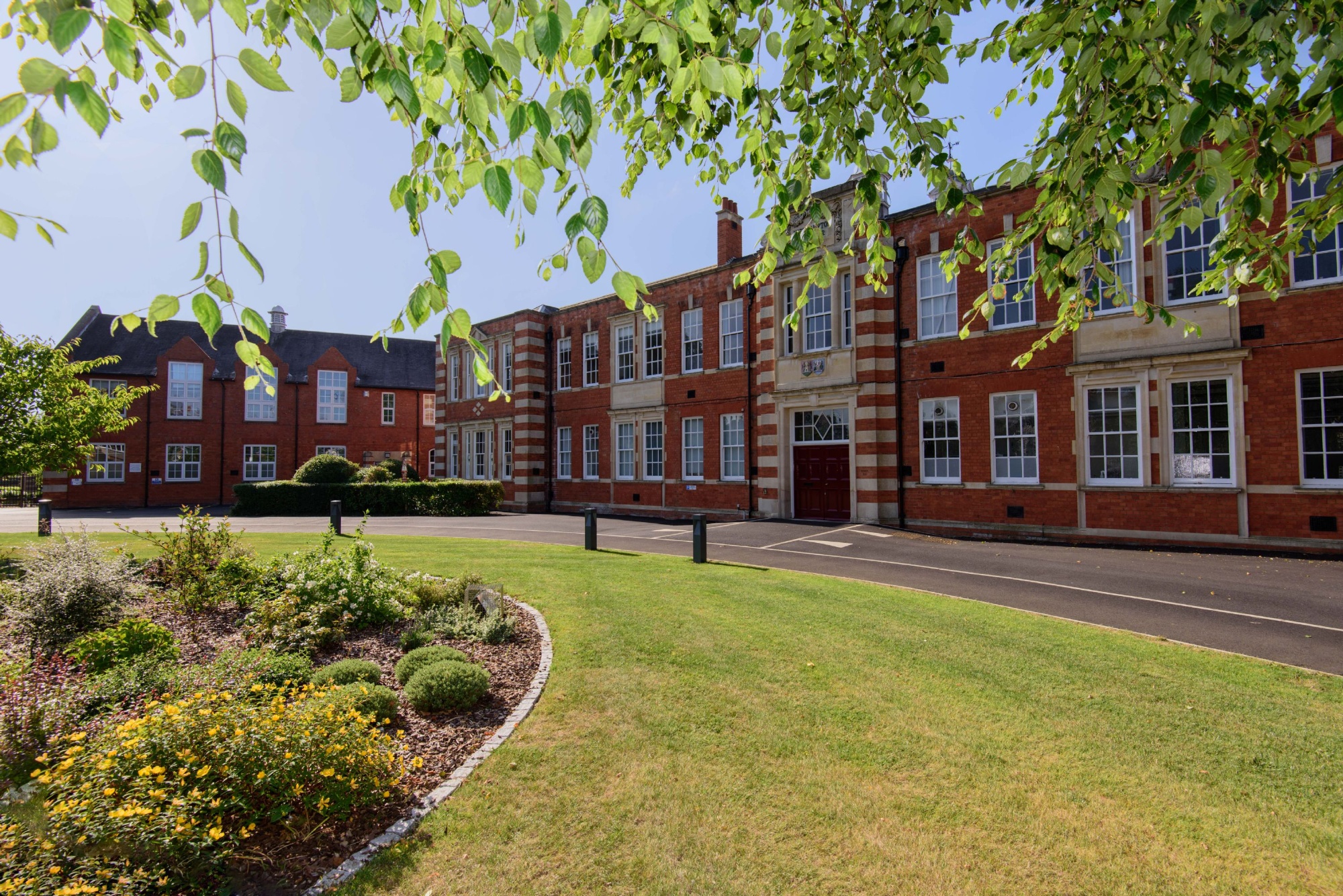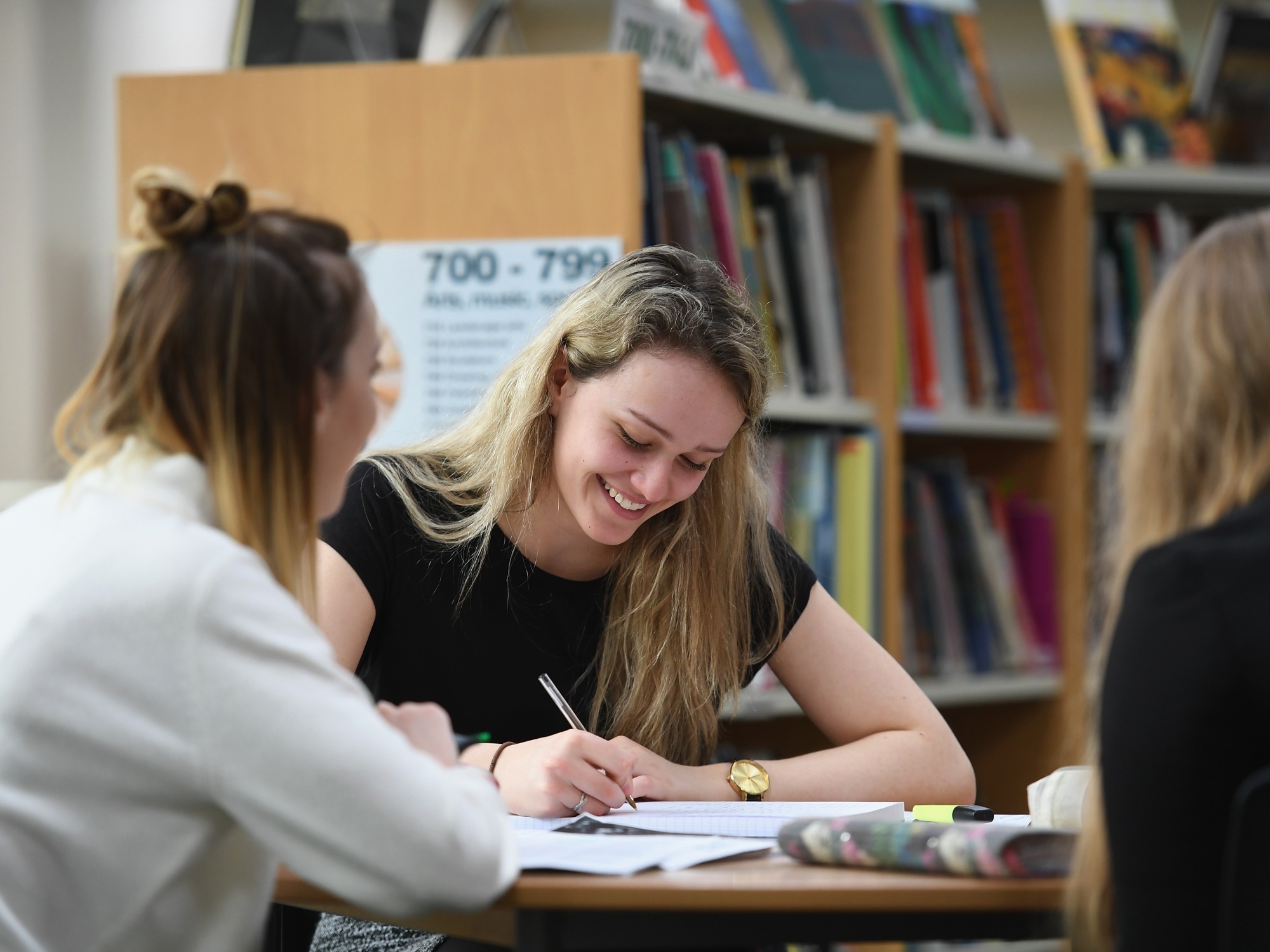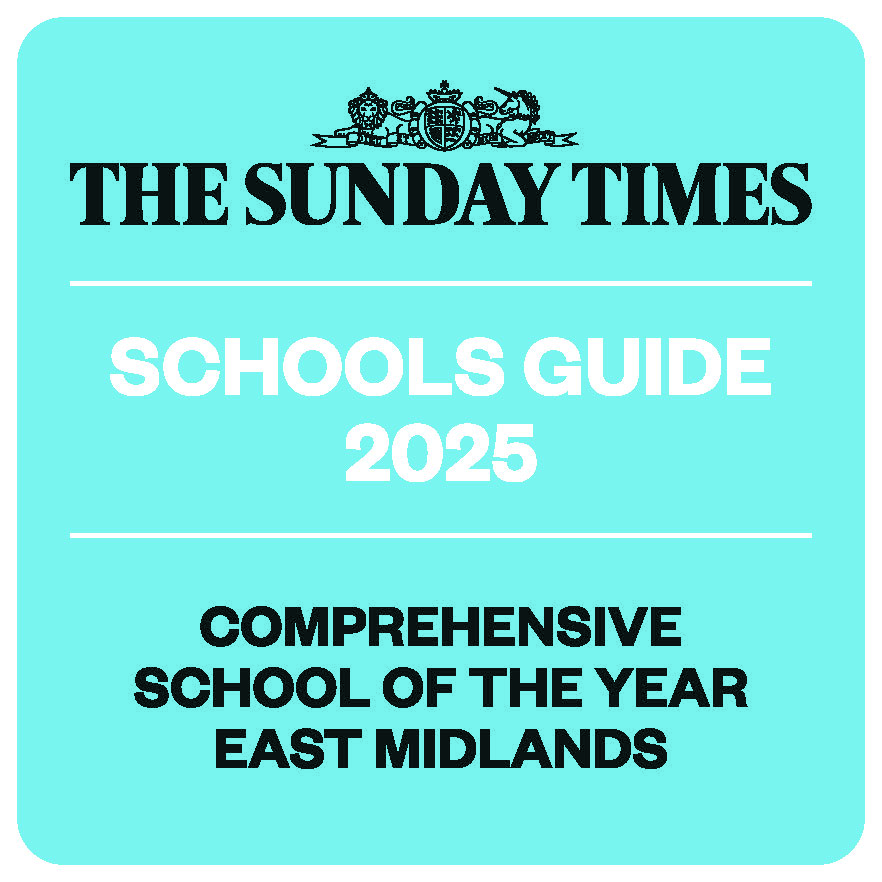RE
KS3
RE Key Stage 3 Religious Education at Northampton School for Boys follows the Northamptonshire SACRE Agreed Syllabus. The aim is to focus on the six main world religions (Buddhism, Christianity, Hinduism, Islam, Judaism and Sikhism) whilst allowing for some degree of school-based innovation. When studying the six religions, our aim is to make the subjects as relevant and informative for students as possible. This means that the department prepares resources which are engaging and which encourage students to develop their own responses to the key issues. It is important that students learn about religions (beliefs and practices etc) but that they also learn from religions (what lessons/issues can be drawn from belief).
In addition to the six world religions, we also follow school-devised units. In Year 7 we explore Animal Rights and in Year 8 we investigate Early Religions. In Year 9 we study Religion and The Future, a unit in which we reflect on some of the social and technological changes that will face young people in the years ahead. In all of these units our aim is to see what lessons we can learn for ourselves about moral and spiritual issues.
It is important to stress that we do not expect students to hold a particular view. We say to our students from the start that we shall never tell them what to think, only that we will ask them to think. Our ultimate goal is to encourage young people to become questioning, responsive members of society with as broad an outlook on what it means to be human as possible.
Year 7:
- Introduction: What is RE?
- Christianity: How important was it that Jesus was human?
- Animal Rights: Do we have the right to exploit animals?
- Hinduism: Is Hinduism ‘monotheistic’ or ‘polytheistic’?
- Buddhism: How does Buddhism account for suffering in the world?
- Inspirational figures: What makes a person inspirational?
Year 8:
- Early Religions: What do early religions tells us about creation?
- Sikhism: Why are acts of charity important to Sikhs?
- Judaism: Who was the most influential prophet in Judaism?
- War and Conflict: Do religions cause war?
- Being Human: What does it mean to be human?
Year 9:
- Difficult God: Why is it difficult to believe in God?
- Philosophy: How do philosophers try to explain the world?
- Islam: What is important to Muslims?
- Medical Ethics: What are the limits of personal autonomy?
- Origins, Purpose and Destiny: Do our choices in this life matter?
- Religion and the future: Does the future hold risks to our humanity or morality?
KS4 GCSE Religious Studies
At GCSE we follow the new OCR 9-1 Religious Studies Syllabus. The newly revised syllabus aims to give students a deeper understanding of some of the themes that we cover in Key Stage 3. There are two parts to the course. First, students study the beliefs and practices of two religious traditions; we have opted to study Christianity and Islam. Students will look in depth at key beliefs in both faiths and will then explore how those beliefs translate into practice.
As with Key Stage 3, our aim is to encourage students to be thoughtful, responsible and aware members of society. The syllabus gives us the chance to explain some of the key British values formed from our country’s connection to Christianity. It also allows us to encourage student engagement with a major faith, Islam, which has such an important role to play in the world today.
Students will come away having a profound understanding of both faiths and will have developed some significant analytical and evaluative skills.
In the second half of the course, students will study major philosophical and ethical issues in depth. These will include topics like human relationships, war and pacifism, as well as medical ethics. They will be encouraged to examine these issues from both a Christian perspective and from a secular/atheistic point of view. The skills they develop in dealing with complex issues should prepare them well for entering into a multicultural and global environment.
Whole School KS4 RE Curriculum
All students are expected to engage with the study of Religious Education until the end of Year 11 and as such, the school has designed and mapped where these key components are taught. Under the advice provided by the National Association of Teachers for Religious Education, we have made sure that all of our students have the capacity and ability to sit an AQA or EDUQAS short course within their studies. Whilst students will not be sitting the papers, they will receive an education that uses the ability to sit them as the benchmark. Students will engage with Religious Education within dedicated drop-down days, Personal Development Reading and other areas of their curriculum (History, English, Geography etc.). This may be explicit Religious Education content, or may be focused around thematic concepts such as War, Peace and Conflict, Relationships and Families or issues of Life and Death.
KS5 A Level Religious Studies
For more information on this, please see the Sixth-Form area of our website. Sixth Form Subject Information.
Whole School KS5 RE Curriculum
Just as at Key Stage 4, all students are expected to engage with Religious Education during their time in the Sixth Form. This can be research based and focused on particular topics. As such, as part of our PSHE curriculum, students will have the opportunity to engage with discussions on ‘equality’ and ‘religion’, as well as a number of events/assemblies to help guide them through the role of religion and morality within their lives.
Please contact the school if you would like to find out more about the curriculum.
Staff Members:
Curriculum Team Leader – Mr W. Kneeshaw
Mrs Harkirat Kaur
Mrs Elaine Burgazzi

